Without the right support, retailers involved in or witnessing incidents in the workplace could experience significant trauma. One retailer explains how he accessed support for himself and his staff following a workplace incident.
Everyone deserves the right to go into their place of work and feel safe. However, this isn’t always the case for those working in retail. Last year, demand for GroceryAid’s Workplace Critical Incident support tripled, while calls to its helpline from independent retailers increased by 42%.
In its latest crime survey, the British Retailer Consortium also revealed that incidents of violence and abuse had tripled in the last year, rising from 455 a day to 1,300.
Equally troubling reports of crime were reported in this year’s crime report from the Association of Convenience Stores which stated that more than £246m was being invested by the independent retail sector to tackle 970,000 incidents of theft, 800,000 incidents of verbal abuse and more than 9,000 robberies.
But it isn’t just the financial cost of these incidents that impacts a store owner and his employees. Without the right support, those involved or witnessing such incidents, could develop post-traumatic syndrome or other more subtle symptoms, such as anxiety, sleepless nights, increased stress levels or flashbacks.
Confidential emotional, practical and financial support
Fortunately, organisations exist which can provide the necessary support to retailers. GroceryAid offers a portfolio of free and confidential emotional, practical and financial support to independent retailers and their employees.
When Ali and his work colleagues experienced a threatening burglary in their store, GroceryAid supported him and his colleagues with its Workplace Critical Incident Support service.
Ali has owned his local village for over 10 years alongside a small team of four employees. Late one evening, Ali and two colleagues were closing the store when several disguised individuals burgled the premises. They stole money, products and used threatening behaviour towards the staff, leaving Ali and his two employees incredibly shaken up.
Ali had taken all the right legal steps during and after the incident for his business, but it became apparent that his colleague was struggling long-term with terrible nightmares, insomnia and flashbacks from the burglary. This is when Ali made the call to the free and confidential GroceryAid Helpline, where he spoke to a BACP-trained counsellor about support for his team.
After relaying the incident and explaining his colleague’s worries, a critical incident report was raised, and it was arranged for a trauma support specialist to visit the store and speak to colleagues. Together, they helped colleagues understand the feelings triggered by the incident and gave them advice about how to access further support in the coming weeks.
Colleagues were also signposted to GroceryAid’s free and confidential helpline and website for future support, advice and information.
Supporting a sudden change in circumstance
Sunita’s husband Raj was an independent retailer who sadly passed away from Covid-19, at the start of the pandemic. Overnight, Sunita not only became a widow but also the owner and director of multiple businesses. This put a lot of emotional stress and pressure on her.
Although Sunita had a good family and support network around her, she needed additional emotional support and counselling and turned to GroceryAid who helped her access the support she needed.
Free support for independent retailers and their employees
GroceryAid’s Workplace Critical Incident Support is free for independent retailers and their employees to access if they have experienced a traumatic incident and are suffering from the effects.
GroceryAid can help to:
- Enable people to resume effective operation both at work and at home as quickly as possible
- Monitor and support individuals who may need additional help to manage post-trauma symptoms
- Provide reassurance to all staff and their families that your organisation is concerned about their wellbeing
Going through very stressful, frightening or distressing events can sometimes cause trauma. When we talk about emotional or psychological trauma, we might mean:
- Situations or events we find traumatic
- How we’re affected by our experiences
Events that affect your workplace might include:
- Accidents at work
- Death of a colleague
- Witnessing medical emergencies
- Robberies with a threat to life
- Vehicle accidents
- Violent attacks
Accessing support following an incident in the workplace
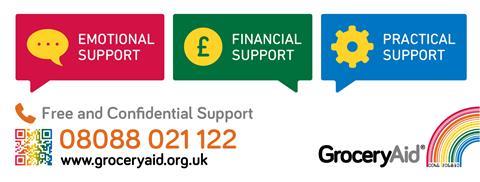
The service is activated when an accident, robbery, or assault has occurred in the workplace resulting in a critical incident.
Following an incident, be it the death of a colleague, a medical emergency, a robbery or violent crime, those involved need to be reassured that they are safe and are okay. At any time of the traumatic incident, GroceryAid’s free and confidential Helpline is also available to all members of staff to receive instant ‘in the moment’ support.
Once any investigations are completed, or if this is not required, the store manager can call GroceryAid’s free and confidential helpline. From this, an initial assessment is made and, if a site visit is required, GroceryAid will arrange for a trauma support specialist to attend at a time convenient to those affected for a full or half-day depending on the number of employees involved.
Raise awareness of this support amongst your store colleagues by downloading our communication toolkit here.
To access Workplace Critical Incident Support, and GroceryAid’s other welfare services, colleagues can call the free and confidential helpline on 08088 021122 which is available 24 hours a day, 365 days a year. The helpline provides immediate support and advice from a BACP-trained counsellor. More than 200 languages are also supported through the helpline, on request.
For those colleagues who prefer using the internet, https://www.groceryaid.org.uk/get-help/is where they can read about all the services on offer and the eligibility of each one. Here, colleagues can also find out how to access Woebot, which is an emotional wellbeing app for people over 18 and Kooth, an online platform for 11-25 year olds.



















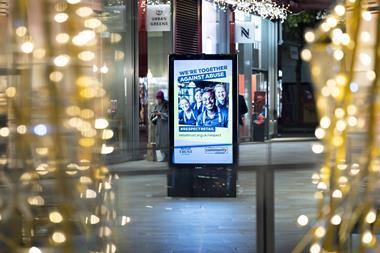
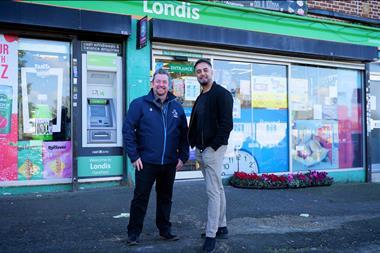

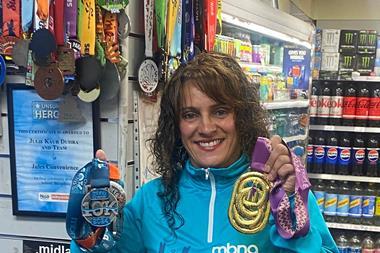
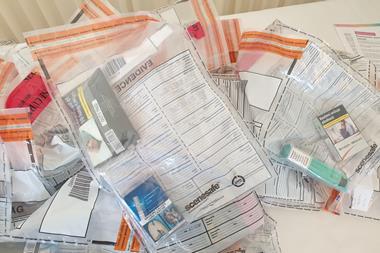

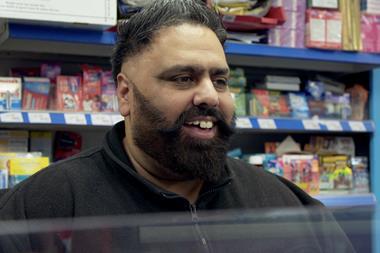
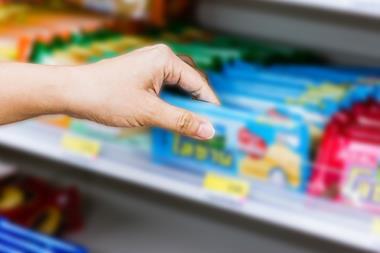
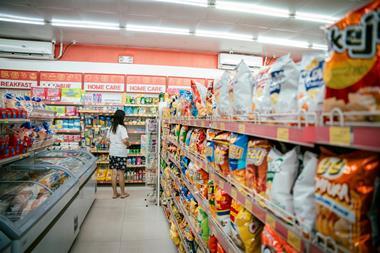
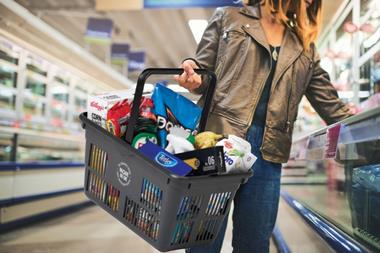


No comments yet